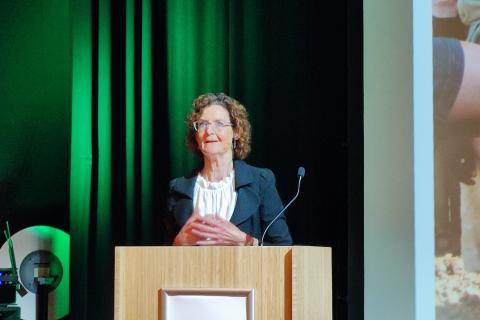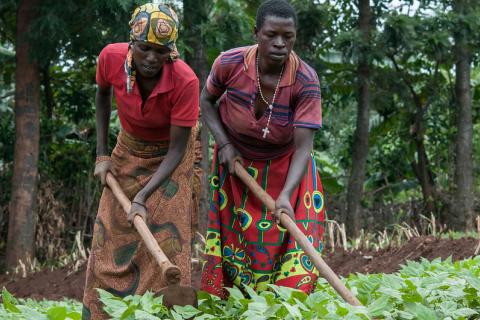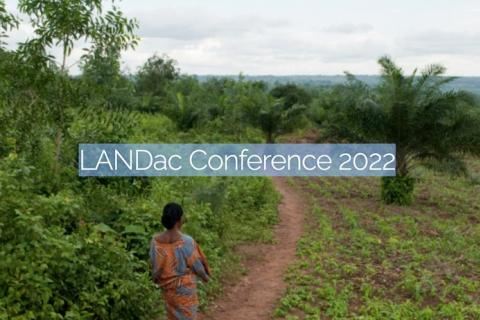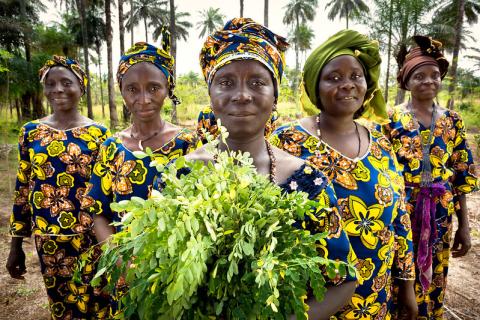How are civil society and impacted communities working to change the governance of land-based investments?
Keynote Speech by Frances Cleaver at the IoS Fair Transitions - LANDac Conference & Summit
I would like to make an argument that in aiming to deepen social justice in green transformations, we should pay renewed attention to the institutions of collective action at a very local level. I'm talking about peasant associations, irrigation groups, women's groups, indigenous people’s groups, producer associations, the local committees that manage land, water, forests.
Mining contract transparency improves local planning in Mali
In Mali, a civil society coalition worked with communities to achieve greater transparency on gold mining contracts and to hold authorities and companies to account. Their aim: to turn Mali’s mining sector into a lever for socio-econmic development and improve living conditions around mining sites.
Nouhoum Diakite charts a success story, with limitations…
Webinar Recap: Land Tenure Security Revisited
On 15 December 2022 the LAND-at-scale Knowledge Management team hosted a webinar Land tenure security revisited: Do we know what we need to know? that presented the preliminary findings of a study on tenure security authored by Guus van Westen, and Jaap Zevenbergen. The presentation of the study was followed by breakout sessions on tenure security and its relationship to women's land rights, the role of the state, land conflicts, and economic development facilitated by land experts and panelists who reported back to the plenary on the discussions with their respective reflections on the findings of the study.
A Growing Momentum to Promote Youth Land Rights in Tanzania
Tanzania’s youth population (defined as women and men between the ages of 15 and 35) constitutes about 35% of the country’s population. In Tanzania, youth engagement in agriculture is considered vital, given that youth form the largest part of the population and labour force in the country.
Governing land for the future: What (r)evolutions do we need?
The 13th Annual LANDac Annual Conference is taking place in person next week in Utrecht, Netherlands, for the first time since the COVID-19 pandemic began. All the conference sessions will also be accessible online to registered participants. LANDac brings together land governance stakeholders from around the world who might not otherwise meet, including academic researchers, the private, civil society, and policy makers.
Women lead the change - why women’s land rights matter in Dutch and EU’s Africa strategies
Women own less than 20 percent of land in the world
Half of the world’s smallholder farmers are women
70 percent of Africa’s food is produced by women smallholder farmers
What’s Love Got to do With It? The Voluntary Guidelines on Tenure, Ten Years Later
Almost ten years ago, global donors who were focused on the role of land and property rights in promoting economic growth, mitigating food insecurity, and addressing climate change issues, came together in a United Nations (UN) body to negotiate an international agreement for voluntary guidelines to strengthen and secure land rights.












